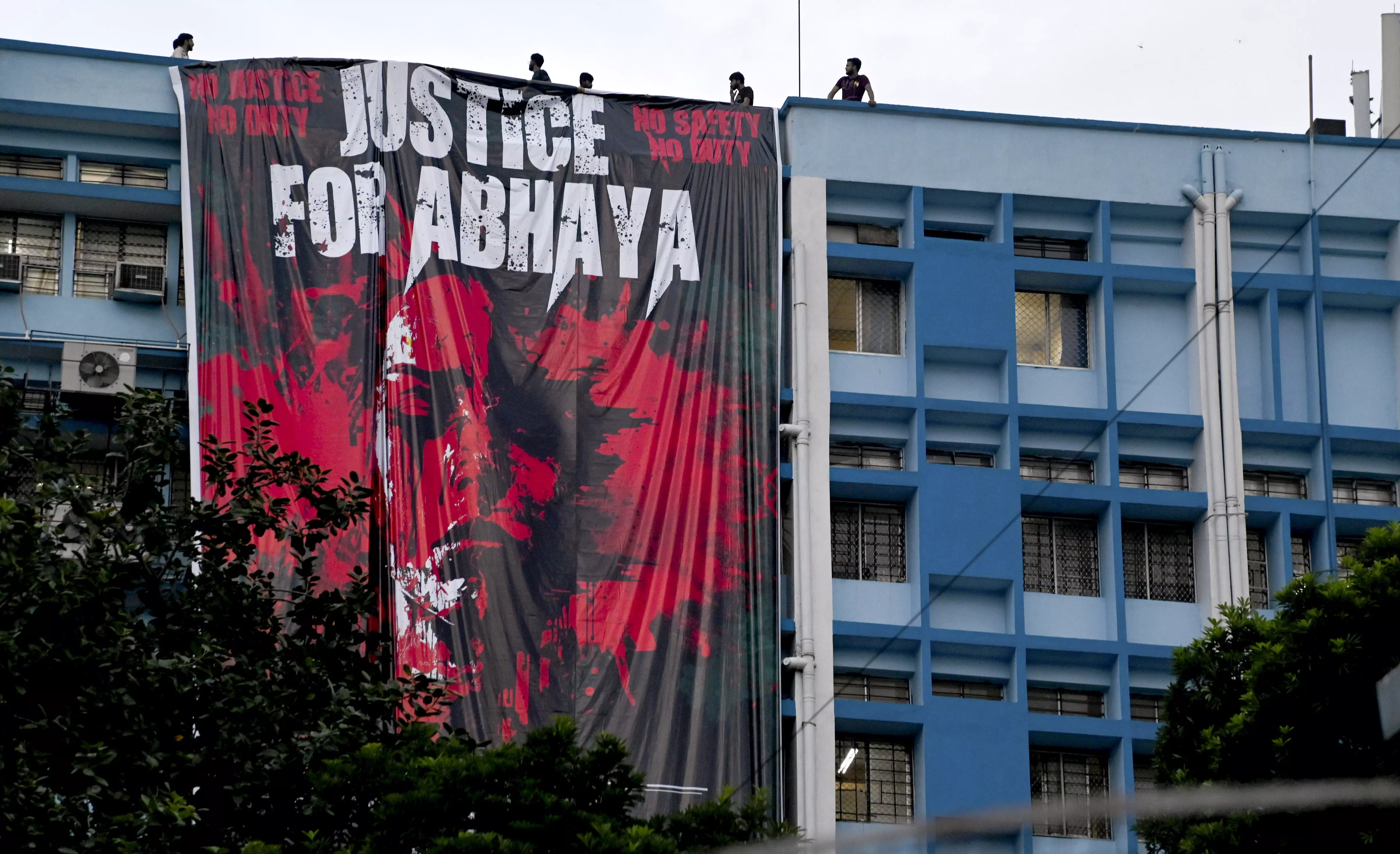DC Edit | Ensure safer, better work conditions for all medics

The widespread condemnation from both the healthcare service sector and the general public against the rape and murder of a post-graduate resident in R.G. Kar Medical College in Kolkata on August 9 and the Supreme Court’s decision to take suo motu cognizance of the gruesome incident must prompt the governments, both at the Centre and in the states, to make forceful interventions to improve the messy post-graduate residency system in the country.
News reports and autopsy reports suggest that the 31-year old PG resident had retired to the seminar hall of her department in the small hours of the fateful day after 36 hours on duty to have a nap when she was attacked by a person or persons who had access to the hospital even at such unseemly hours. The general public may be unaware of the fact that the PG resident doctors virtually run the hospitals as the senior professionals would have left the workplace after their duty hours, which seldom happen to be in the night. The young trainee doctors will be managing the show from admission in the absence of their seniors.
As per the residency manual, a PG resident is expected to work for 70 hours a week, meaning they work about 11-12 hours a day for six days a week. In practice, however, the duty hours get stretched beyond human imagination, with young doctors often working for 36 or 48 hours, or even more without a break. Worse, most hospitals have very few facilities for the doctors to afford themselves some basic minimum rest during the long ordeal. This explains why the unfortunate victim of the Kolkata tragedy had to seek rest in the unsecured seminar hall in the dead of night. This would also explain why the autopsy report suggested that she was in deep sleep when the rapist pounced on her.
Given the shortage of resources, financial as well as manpower, It is highly unlikely that the long working hours of PG residents will improve in the near future. However, the governments can afford to invest funds in ensuring that they get the basic minimum infrastructure facilities to sustain themselves during their student days. They don’t ask for the moon: a secure dormitory with clean washrooms would solve half their problems.
We should wonder why the system, run by doctors themselves, has deteriorated so much. The answer is that there is very little enthusiasm on the part of the professional organisations such as Indian Medical Association or the the medical college teachers’ unions to solve these issues as it would call for an audit of the system which may not come out with results comfortable for them. It is therefore imperative that necessary interventions come from the government which must proactively address the shortcomings. The ground is open for the judiciary as well, as basic human rights protected under the Constitution are being systematically challenged, even in government institutions.
A makeover of the PG residency system, prodded by the government and the judiciary, will be a painful but fitting tribute to the girl who met a tragic end at such an young age, not only because of a criminal act but also due to the apathy of the system.
| |
Next Story

